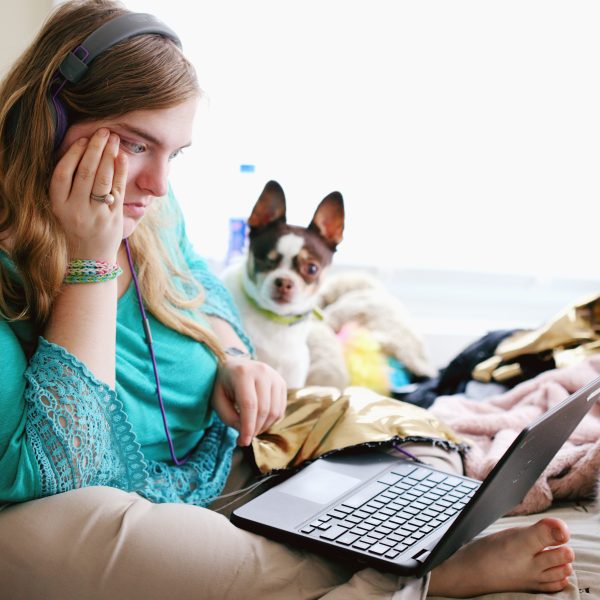OSHC voices needed to contribute to Cool Brain Hall of Fame

Children aged between 7 and 11 years have been asked to contribute to a project on neurodiversity being run by South Australia’s Flinders University.
The ‘Cool Brain Hall of Fame’ project will share the real-life stories of actors, authors, musicians, scientists and others to challenge the attitudes of children towards learning differences.
Funding from the Channel 7 Children’s Research Foundation will enable the development of the Cool Brain Hall of Fame, using examples from popular culture to de-stigmatise learning differences.
Celebrated contemporary figures as Greta Thunberg (climate change activist, autistic), Billie Eilish (pop singer, Tourette syndrome), Daniel Radcliffe (Harry Potter actor, dyspraxia), Pharrell Williams (pop singer, synesthesia) and Dav Pilkey (author of the popular children’s book series Captain Underpants, ADHD/dyslexia) will all be in the Cool Brain Hall of Fame, as they are all people who have learning differences.
“While the stories of these people are available online, we want to present them in a way best suited to engaging children, that clearly showcases the value of neurodiversity,” Dr Amy Wyatt from Flinders University explained.
About 15-20 per cent of South Australian children have a learning difference such as dyslexia, dyscalculia, dysgraphia, autism or attention-deficit hyperactivity disorder (ADHD), yet these children are one of the largest marginalised cohorts in schools – at risk of discrimination and harassment, which impacts their mental health, school attendance and learning outcomes.
“Although policies exist to ensure the physical inclusion of students with a disability in mainstream schools, there is an urgent need for novel strategies to improve their social inclusion,” Dr Wyatt explained.
“We are working to develop and evaluate an innovative peer-based de-stigmatisation program that has the potential to promote inclusivity and enhance self-esteem in primary school children. This will translate into better psychological and educational outcomes for children with learning differences and has the potential to improve their quality-of-life across their lifespan.”
To make the program effective and authentic, the Flinders University team is seeking input from 7-11-year-old children living with neurodiversity to create an animated series.
“We want children aged 7-11 years to help us develop an animation series that talks about having unique learning, strengths and challenges. An engaging animation series that normalises this will promote (inclusion) and increase self-esteem in children” Dr Wyatt said.
Participation will involve children attending a fun one-hour focus group session conducted by researchers at Flinders University. Each participant will receive a $10 gift card, and will be given the option of being acknowledged as a co-developer in the animation credits.
The series may offer a valuable opportunity for outside school hours care services to address neurodiversity and inclusion in their environments, either through participation or by using the resource once it is created.
Once completed, the animation series will be presented by teachers in SA schools, with Flinders researchers recording students’ attitudes towards learning differences before and after watching the animation series.
“Due to the simplicity of our program, which does not rely on teachers having specialised skills or knowledge to implement, it’s plausible that our program could be made widely available to Australian primary school children,” Dr Wyatt shared.
This research represents the first analysis of South Australian children’s attitudes towards learning differences.
“We believe that providing young school children with access to an engaging, age-appropriate educational resource that draws on relevant examples from popular culture and popular occupations will reduce the tendency of children to devalue and exclude children with a perceived learning difference – and increase self-esteem in children with a formally identified learning difference.”
For more information contact:
Dr Amy Wyatt, Senior Lecturer Medical Biochemistry, College of Medicine and Public Health, Flinders University
Tel: +61 8 7221 8408 Mob: 0403701646 Email: [email protected]
Popular

Workforce
Quality
Research
When did it start to go wrong?
2025-12-18 08:00:46
by Fiona Alston

Quality
Practice
Research
Small ways to teach babies and toddlers body safety and consent in early learning
2025-12-15 08:00:40
by Fiona Alston

Quality
Research
Food safety in early learning centres: Protecting children through better practices
2025-12-15 07:45:24
by Contributed Content















